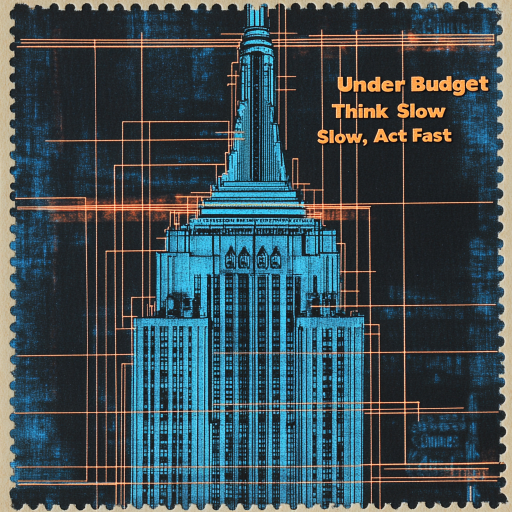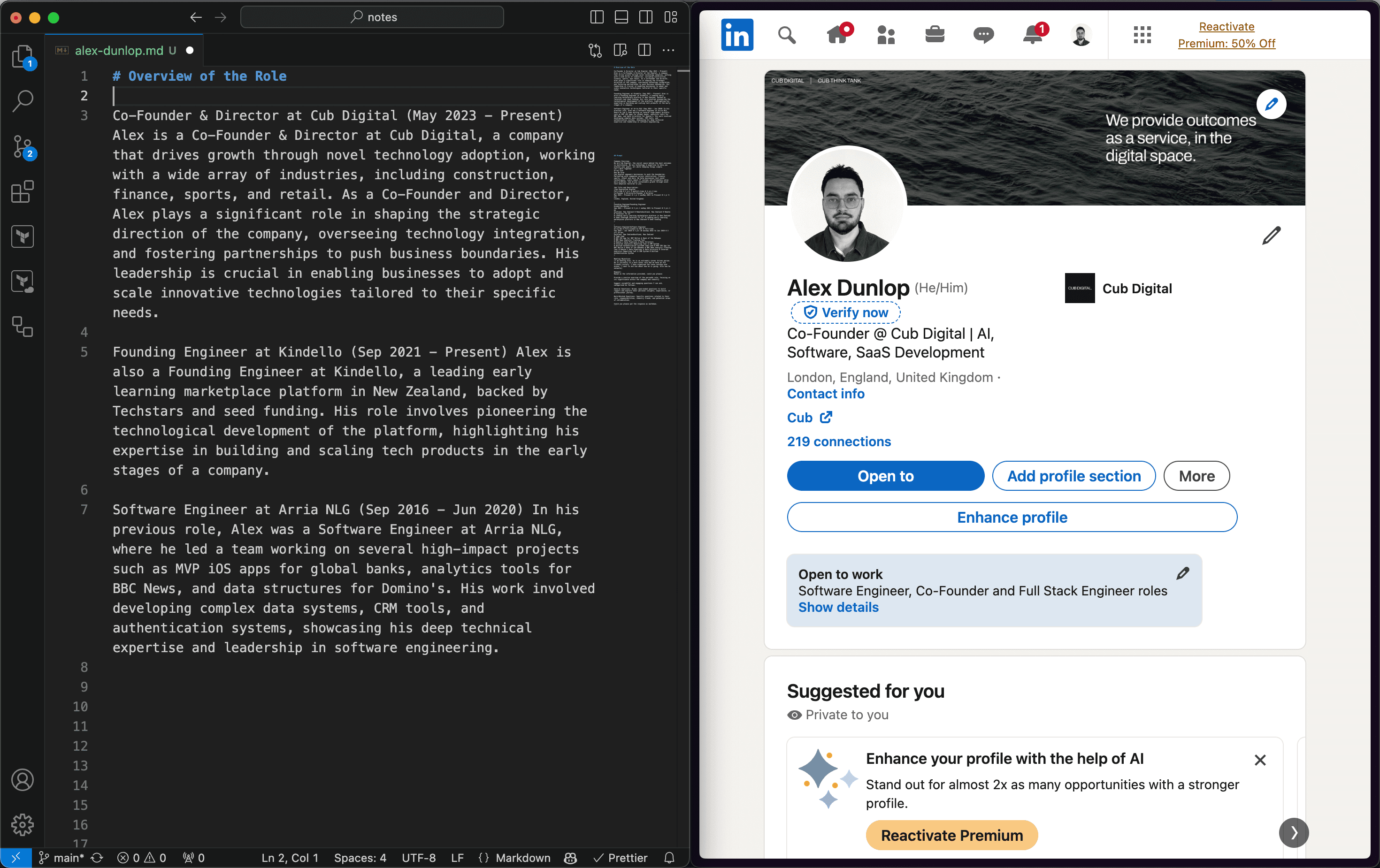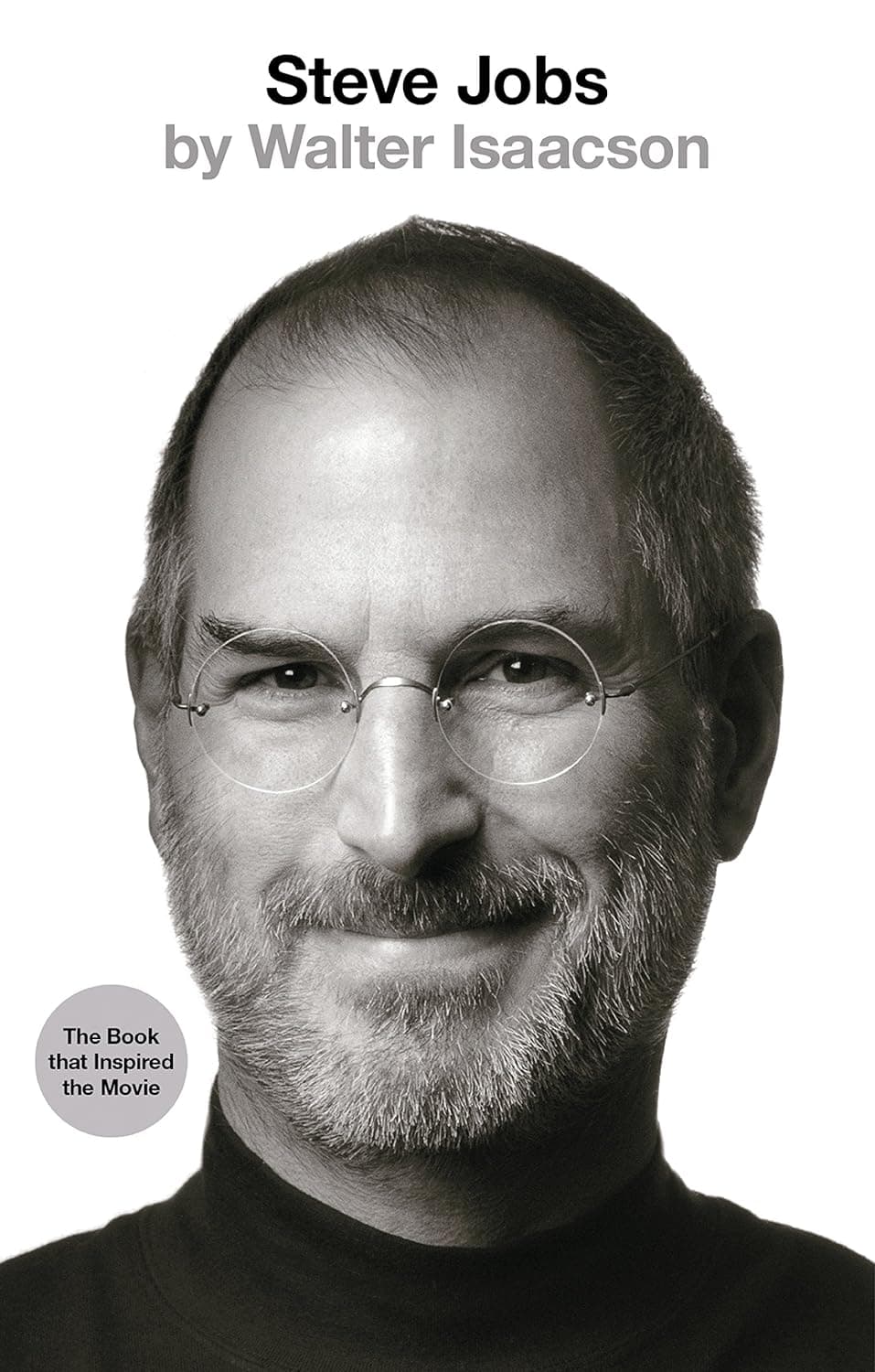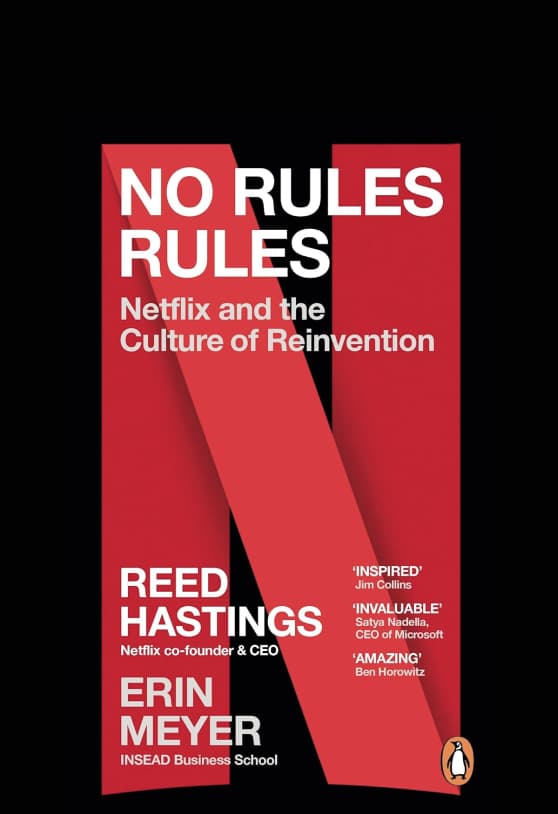How things get done

GET THE #1 EMAIL FOR EXECUTIVES
Subscribe to get the weekly email newsletter loved by 1000+ executives. It's FREE!
Key Insights from "How Big Things Get Done" by Bent Flyvbjerg
- Reference Class Forecasting: Comparing projects to similar past projects improves forecasting accuracy.
- "Think Fast, Act Slow" vs. "Think Slow, Act Fast": Failed projects tend to drag on, while successful ones progress quickly to completion.
- Project Planning and Execution: Projects often start wrong, with optimism leading to unrealistic forecasts and poor planning.
- Importance of Asking "Why?": Projects should start with questions and consideration of alternatives rather than jumping straight to solutions.
- Customer-Centric Approach: Starting with the customer experience and working backward leads to successful projects.
- Learning from Experience: Understanding that projects are often not unique helps in forecasting and managing risks.
- Modularity and Repetition: Breaking projects down into basic building blocks enables experimentation and improvement.
- Hiring the Right Team: A great team can turn a mediocre idea into success, emphasizing the importance of team selection.
- Continuous Improvement: Success isn't just about winning but also about avoiding losses and learning from mistakes.
The Empire State Building was Under Budget!
Ever wondered how colossal structures like the Empire State Building were completed ahead of schedule and under budget, while your company's IT project keeps dragging on?
Bent Flyvbjerg's "How Big Things Get Done" offers a fascinating deep dive into the world of mega-projects, revealing surprising truths about success and failure in large-scale endeavors.
The Shocking Truth About Project Success Rates

That's right - a staggering 99.5% of projects go over budget, over schedule, under benefits, or some combination of these. But why? And more importantly, how can we fix this?
Think Slow, Act Fast: The Counterintuitive Path to Success Flyvbjerg introduces us to two contrasting patterns in project execution:
"Think Fast, Act Slow": The hallmark of failed projects. These are the ones that start with a bang but drag on endlessly.
"Think Slow, Act Fast": The secret sauce of successful projects. These take time in planning but race to the finish line once execution begins.
Consider the Empire State Building: meticulous planning allowed for lightning-fast construction - a story a day at its peak! The result? Completed under budget and ahead of schedule.
The Power of Reference Class Forecasting
One of the book's most powerful insights is the importance of reference class forecasting. Instead of treating each project as unique, successful project managers compare their projects to similar past endeavors. This approach dramatically improves forecasting accuracy.

The Lego Principle: Modularity and Repetition
Flyvbjerg introduces us to the power of modularity in project management. Just like Lego blocks, successful projects often rely on repeatable, modular components. This approach enables experimentation, improvement, and scalability.

The Human Factor: It's All About the Team
In the end, success often comes down to people. Flyvbjerg emphasizes the importance of hiring a "masterbuilder" - someone with deep domain experience and a proven track record. But it doesn't stop there:

Putting It All Together: Lessons for Your Next Big Project
Whether you're planning a wedding, leading a software development project, or building the next architectural marvel, "How Big Things Get Done" offers invaluable insights:
- Take time to plan meticulously before jumping into action.
- Use reference class forecasting to improve your estimates.
- Break your project into modular, repeatable components.
- Invest in assembling the right team, led by an experienced masterbuilder.
- Remember, success isn't just about winning - it's about not losing every step of the way.
As you embark on your next big project, keep these lessons in mind. Who knows? You might just join the elite 0.5% that nail cost, time, and benefits!

As an Amazon Associate I earn from qualifying purchases.

















